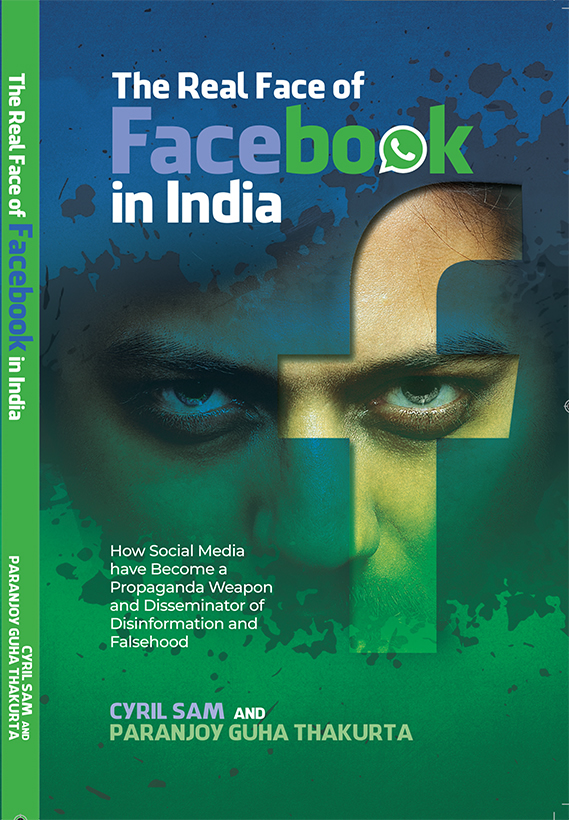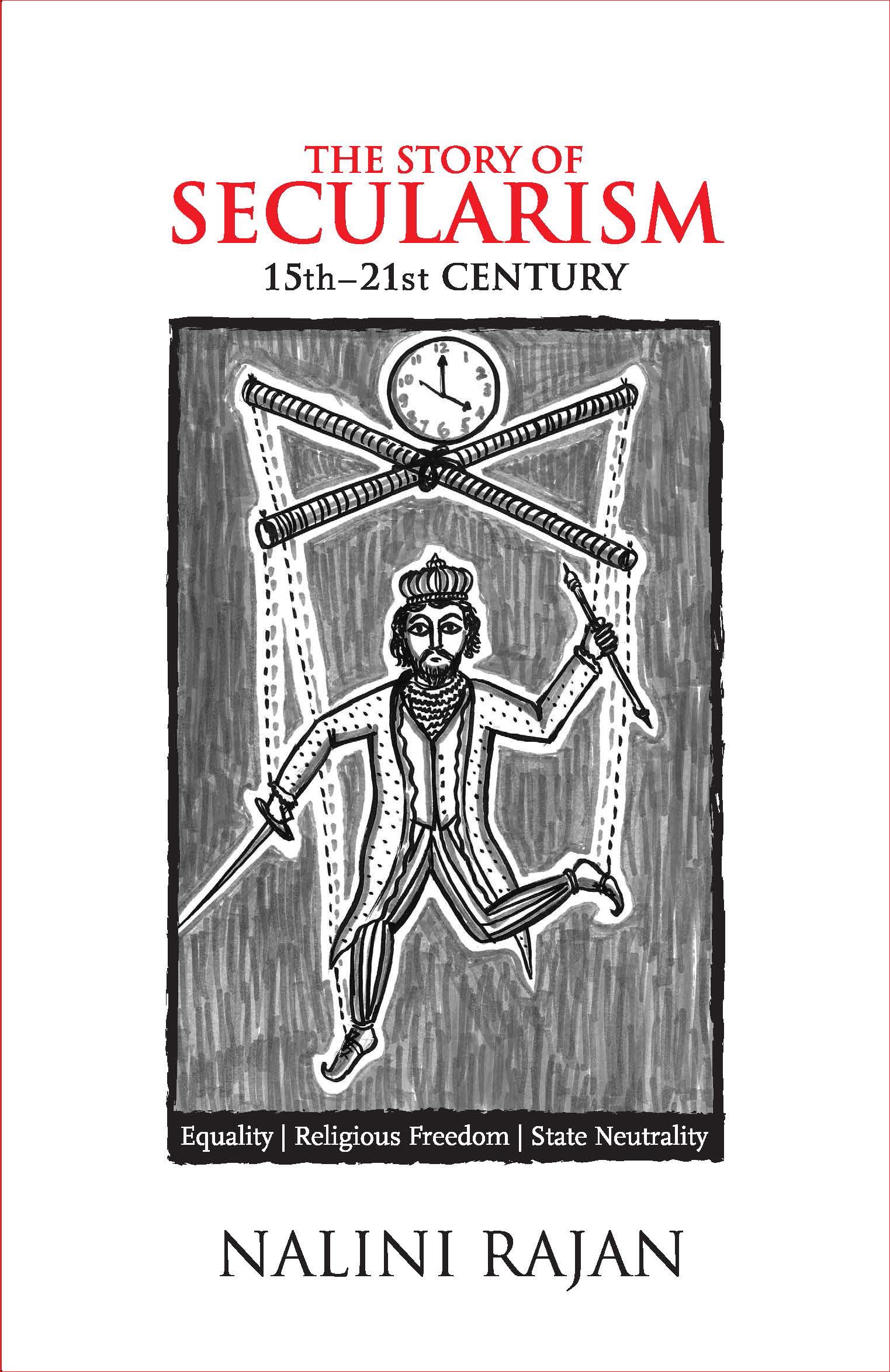The trajectory of Lalu’s career in politics has not been smooth. He became a member of the Lok Sabha as early as 1977, when the Janata Party made a clean sweep of all 54 seats in Bihar riding a wave of popular anger against the Emergency which had ended barely three months before the elections were held. Yet, hardly anybody outside his constituency had heard of Lalu in this period. In fact, he had not even been a member of the Bihar assembly prior to contesting the Lok Sabha elections that year.
Lalu’s beginning in politics was in the movement led by Jayaprakash (JP) Narayan in the mid-1970s. He was at that time, in 1973-74, the President of the Patna University Students’ Union. There’s a story about a specific incident during those days that could well be apocryphal. The story goes that on the day of a much-publicised rally to be addressed by JP in Patna, the police cracked down with tear-gas and lathi charges to ensure that many of those who wanted to participate in the rally would not be able to do so. That evening, Lalu himself called up newspaper offices to announce grandly that ‘LaluYadav has been arrested’.
Many of the journalists contacted were puzzled by this piece of information and wanted to know who Lalu Yadav was. At which point Lalu is said to have expressed shock at their ignorance of such an important student leader. The story may well be untrue, but if it sounds plausible it is because Lalu remains to this day a man who knows how to stay in the news and hog the headlines, whether for the right reasons or for the wrong ones.
After a largely successful political career, Lalu had to face an embarrassing defeat in the 1999 Lok Sabha elections. In the elections, Lalu contested from Madhepura, considered a stronghold of the Yadavs and hence of the RJD supremo. The contest was particularly important for Lalu because the man opposing him as the NDA’s candidate was his erstwhile colleague in the Janata Dal, Sharad Yadav. Lalu boasted that he would prove Sharad was a mere paper tiger and a person without a mass base. Sharad, on the other hand, asserted that he would prove he was a taller leader of the Yadavs in Bihar than Lalu.
As the campaign progressed, it was evident that the contest would be closer than initially expected. Nevertheless, few people expected Lalu to lose. So much so, that immediately after the polling was over, Sharad demanded a re-poll alleging massive rigging by RJD supporters. When the Election Commission refused to yield to the demand, Sharad alleged bias and announced that he would fast unto death unless a re-poll was ordered. The EC went ahead with the counting and Sharad was ultimately left facing the comic situation of wildly cheering supporters informing him that he could break his fast, since he had won in an election that he had earlier insisted had been rigged! (Today Sharad and Lalu are busy hugging each other in public.)
The second time Lalu had to eat humble pie was when his party lost the assembly elections in October 2005 after the United Progressive Alliance fell apart. Exhibiting the resilience and political acumen for which he has always been known, Lalu quickly reinvented himself on the national scene. A man who has thus far been seen more as a populist and a bit of a buffoon by the urban middle classes was being feted by the media as a minister who had turned around the Indian Railways.
Further ignominy was to come his way in 2012 when a court framed charges against Lalu among others, for the multi-crore fodder scam. Lalu had first been prosecuted for being complicit with this scam back in 1997 when he was the Chief Minister, when he had to step down from his post. In 2013, Lalu was sentenced to jail for five years. As a result of this, he lost his Lok Sabha seat and was also barred from contesting elections for the period of conviction and for six years thereafter.
Lalu’s credibility as a man of the masses will always be questioned (if not viciously attacked) by his political opponents. Yet it is important to understand what contributed to the resurgence in his popularity. Was it because he is longer seen as the archetypal money-making politician who scams the state? Having spent time behind bars, is he now being perceived as a person who has become repentant for his past sins and hence, worthy of forgiveness and being given another chance?
Those who emphasize the undoubted importance of caste in Indian politics and highlight Lalu's support base among those belonging to the Other Backward Classes (OBCs), should also remember that caste and class largely overlap in the country and particularly in a state like Bihar. While caste-based politics is often thought of as regressive or anti-development (by sections of both the Left and the Right), social justice movements across the world indicate that the two, that is, social justice and development, can and must go hand in hand.
In Bihar, the BJP-led NDA lost despite the support of Dalit leader Jitin Ram Manjhi (who was the 23rd chief minister of Bihar between 20 May 2014 and 20 February 2015) and his party the Hindustani Awam Morcha (Secular), Ram Vilas Paswan and his Lok Jan Shakti Party and Upendra Kushwaha’s Rashtriya Lok Samata Party. Election data shows that while the BJP itself did not fare well at all, these three parties fared even worse, as did the All India Majlis-e-Ittehadul Muslimeen (AIMIM) led by Asaduddin Owaisi. Both purveyors and benefactors of divisive politics of the communal variety lost to the powerful mix of secularism, development and social justice offered up by the mahagathbandhan.
Lalu’s reputation as one who challenged age-old caste structures in Bihar while standing up for secularism has earned him far more credit than the discredit his conviction in the fodder scam brought him. Lalu came under considerable flak from both BJP leaders as well as some members of the mahagathbandhan for his statement in the aftermath of the Dadri killing, that some Hindus too eat beef. Though he retracted the statement soon after, he was still one of the few popular political leaders in the country to be able to issue such a strong statement against the communalization of food consumption.
Lest this be seen as opportunistic politicking, let it also not be forgotten that more than two decades ago, in October 1990, Lalu had gone on record to say that he would shed his own blood to preserve communal harmony after his order for the arrest of BJP leader Lal Krishna Advani to halt his rath yatra (journey on a chariot-like vehicle) cross the country from Somnath, in Gujarat to raise support for the building of a Ram temple at the site of the Babri Masjid in Ayodhya, Uttar Pradesh, which was demolished two years later on 6 December 1992.
At a political meeting organized after his oldest son, Tej PratapYadav, filed his nomination papers from Mahua, Lalu held up a copy of Bunch of Thoughts, written by the late Rashtriya Swayamsevak Sangh (RSS) ideologue Madhav Sadashiv Golwalkar, slamming the BJP for its lack of independence from the RSS. Importantly, he made a crucial connection between communalism and the hegemony of the savarna (upper castes).
The 2015 assembly elections in Bihar saw two members of Lalu’s family contest seats: besides sons Tej Pratap and Tejaswi Prasad (who also a cricketer who played for the Delhi Daredevils team in the Indian Premier League team and plays for Jharkhand), and daughter Misa. In the May 2014 Lok Sabha elections, he had fielded his daughter Misa Bharti from the Patliputra seat, which led to his long time associate Ram Kripal Yadav, who wanted to contest from the seat, quitting the RJD. Ram Kripal Yadav went on to win from Patliputra, defeating Misa.
There are many who found Lalu's promotion of his offspring reminiscent of July 1997 when Lalu’s wife, Rabri Devi was "made" the first woman chief minister of Bihar after he had to step down following corruption charges against him in the fodder scam.
That was the same year in which the RJD was formed. That was also a time Lalu was ostracized by many of his former colleagues in the erstwhile Janata Dal, as well as former allies in the United Front. In such a situation, many politicians would have become bitter and borne a grudge, but not Lalu, who displayed a spirit of magnanimity. More recently, after opposing Nitish Kumar for his 17-year-long association with the BJP, the two came together and Lalu not only agreed to let Nitish lead the alliance but also ensured the proverbial "transfer of votes" that prevented the fragmentation of anti-BJP political forces.
Lalu has a good appreciation of the compulsions of coalition politics, especially the dictum that there are no permanent friends or enemies in politics. This has stood him in good stead in the current political scenario, where he may not have won on the might of his own persona and politics alone, but where his absence may well have meant a victory for the NDA. Lalu Prasad Yadav remains as relevant to both the politics of Bihar and of the country, as he has ever been.
(Some portions of this article have been extracted from Divided We Stand: India in a Time of Coalitions by Paranjoy Guha Thakurta and Shankar Raghuraman, Sage Publications, 2007. Used with the permission of the authors).
(Research assistance: Srinanda Ganguly).


